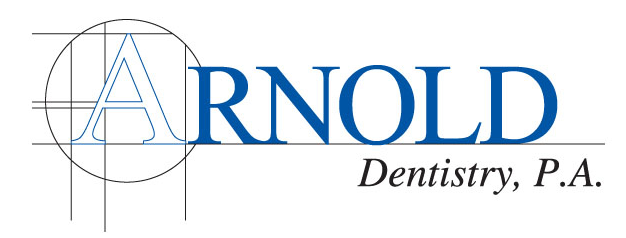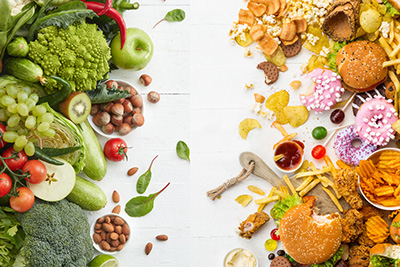What Should I Eat for a Healthy Mouth?
Wed, Sep 8th, 2021
People need to eat for survival and the good news is the majority of people love to eat! Plus in current times, there is an abundance of foods to choose from so we can basically eat whatever we want.
After eating something that contains sugars or starches, your saliva begins to decrease the effects of the acids and enzymes attacking your teeth (it takes about 20 minutes for this process to begin). Saliva contains traces of calcium and phosphate and also restores minerals to areas of teeth that have lost them from the bacterial acids.
Some foods are healthier than others but if you are interested in eating for a healthier mouth, there are things to consider.
We can break foods down into two categories: Foods that are good for your mouth and foods that are bad for your mouth. Let's first take a look at foods that are good for your mouth including dairy foods, fruits and vegetables, teas, chewing gum and fluoride containing foods.
- Dairy products - Milk, plain yogurt, cheese, and other dairy products contain calcium and phosphates which help return minerals other foods may have caused to be lost from your teeth. Dairy products also help rebuild tooth enamel plus cheese is a saliva producer.
- Fruits and Veggies - Fruits and veggies are loaded with fiber which helps clean your teeth and gums plus they get saliva flowing. Eating fruits and vegetables is a great natural defense against gum disease and tooth decay (a nice addition to a good oral home care program).
- Black and green teas - These teas contain polyphenols that interact with plaque bacteria and they kill or restrict these bacteria from making acid that attacks teeth.
- Chewing gum - You should only chew sugarless gum! Not only does sugarless gum help remove particles of food from teeth but it also produces saliva.
- Fluoride containing foods - If you use fluoridated drinking water, any powdered drink, dehydrated soup or other product that is made with fluoridated water can help your teeth as can protect against cavities and tooth decay.
Now, let's take a look at foods that are bad for your mouth including carbonated soft drinks, starchy foods, candies and sweets and other things that make your mouth dry.
- Carbonated soft drinks - These types of drinks often contain phosphoric and citric acids that wear away tooth enamel and they are loaded with lots of sugar!
- Starchy foods - Potato chips, softer bread, pasta and crackers can get stuck between teeth. These types of refined carbohydrates often hang around in your mouth and produce acid, which contributes to tooth decay.
- Candies and sweets - Bacteria that feed on sugar in your mouth cause a sticky film to form called plaque. This plaque forms on teeth and under gums. The acid content in plaque causes demineralization of tooth enamel. If you must eat something sweet, dark chocolate (70% cacao) can be washed off of teeth more easily than other types of sweets and candy.
- Medicines and alcohol - These substances are known for causing dry mouth. If you are suffering from dry mouth from medications, talk to your primary doctor or dentist for suggestions to help provide relief.
How Can I Reduce Bacteria in My Mouth Naturally?
Did you notice a trend from the information above? Bacteria, plaque and acid all contribute to tooth decay and gum disease. Saliva begins to decrease the effects of the acids and enzymes attacking your teeth so if you must eat foods from the "bad" section, it is important to do what you can to neutralize or clear out these bacteria and plaque.
Here are ways to reduce the effect of acid production and tooth decay:
- Brush teeth two times per day
- Floss daily
- Fluoridated water can help prevent tooth decay so drink more water.
- Try to limit snacking between meals or chew sugarless gum after you have a snack to increase saliva production which helps wash out acid and food particles.
- If you eat sugary foods, have it with a meal as your mouth has more saliva flowing during mealtime. The extra saliva reduces acid production and helps wash away food particles.
Eating more foods for a healthy mouth combined with a good home oral hygiene program and regular dental hygiene visits will help ensure your mouth and teeth stay healthy for years to come!
Call Arnold Dentistry if you have any questions and for all of your dental needs! (813) 689-1529
This blog is for informational purposes only. Speak to your doctor before making any dietary changes.
Sources: American Dental Association, University of Rochester Medical Center






